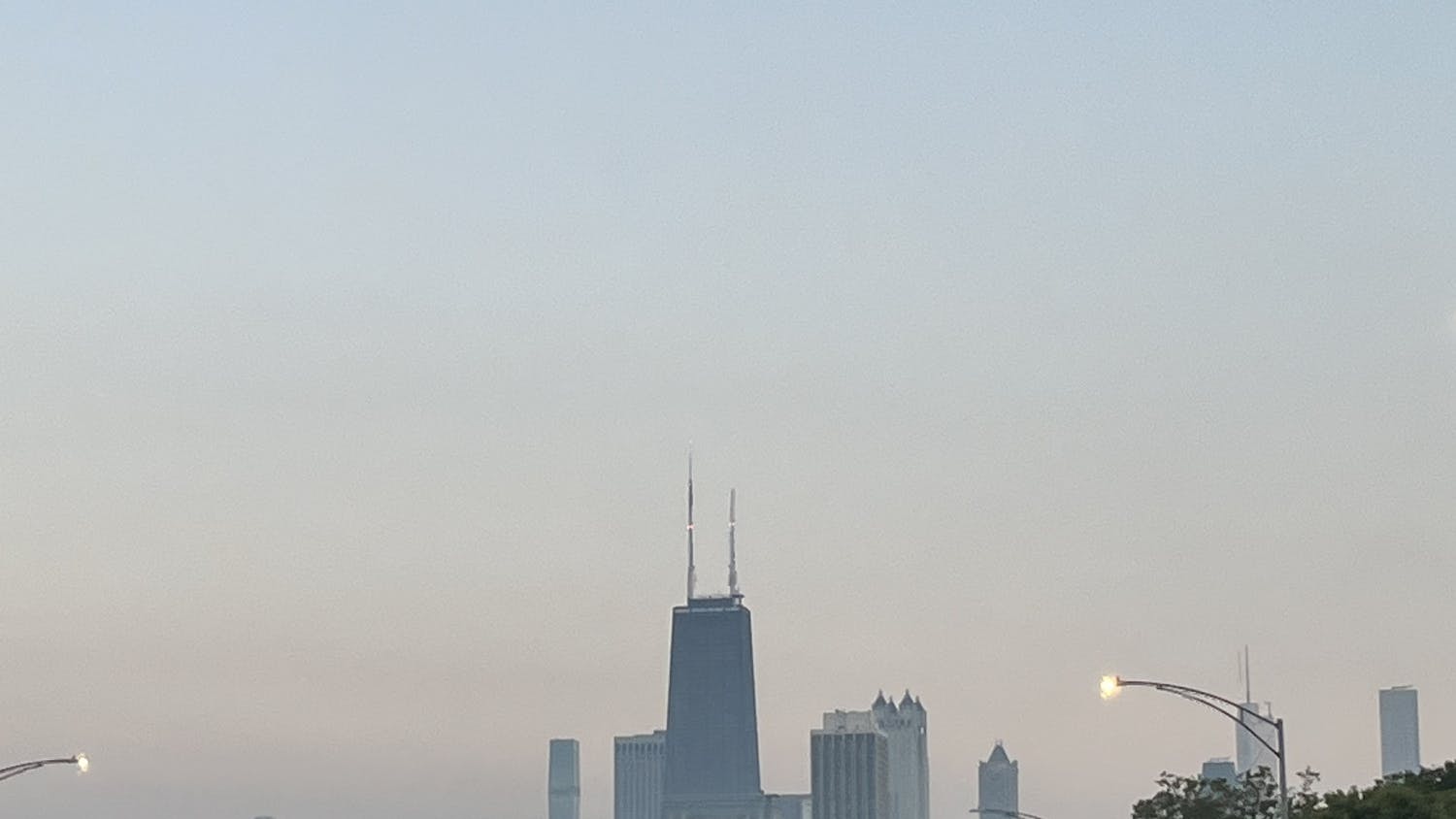“Sincerity with an ulterior motive is something these tough ravaged people know and fear, all of them trained to remember the coyly sincere, ironic, self-presenting fortifications they’d had to construct in order to carry on Out There.” — David Foster Wallace, “Infinite Jest”
—
It’s a mid-September Tuesday, and the conference room on the third floor of 19 University Place fills simultaneously with camaraderie and discomfort. We’ve all grown to accept first days, and perhaps even to appreciate the breaks in stasis they afford. I wait my turn in the round of introductions, attempting to formulate a cogent description of my academic interests to present to fellow graduate students.
“My undergraduate thesis at Dartmouth explored the role of computer-mediated communication in fiction by Zadie Smith and Jennifer Egan, situated within the context of the New Sincerity ... which may or may not be a thing.”
I echo the professor’s chuckle, aware that the literary “movement” traced by some scholars to David Foster Wallace — and based on a purported rejection or transcendence of postmodern irony — has generated a measure of paradoxical and often inane commentary on sites like Maximum Fun and The New York Times’ “Opinionator.”
And it’s true: sincerity tends to undermine itself. That we can speak of “sincere” behavior suggests an inherent distinction between interior and exterior selves — it resists the possibility of wholeness, definitionally. We’re left, then, to minimize the gap or build “self-presenting fortifications.” Navigating the spectrum, we lean toward vulnerability or self-preserving artifice.
—
During the last several months of my Dartmouth career, the thesis process — writing, research and the company of an amazing group of friends — facilitated a reflection on four years of uncertainty and identity-building. I recalled the slight culture shock I experienced during my first few days in the Choates, surrounded by the well-off, English-speaking parents of various floormates. Invoking the “self” I’d sculpted since childhood, I retreated at the time into academics and extracurricular overextension.
By my sophomore year, The Dartmouth’s editorial offices felt safe despite an internal culture of self-righteousness, and I found solace in watching daylight break from the library even as it took a toll on my health and sanity. Consistent exhaustion and a commendable resume seemed proof that I was doing Dartmouth right.
But “right” has nothing to do with your GPA, the number of houses to which you’re called back during rush or the starting salary of your job following graduation. It has nothing to do with hours clocked in the stacks, or even with solace.
Those of you who knew (or knew of) me were likely familiar with a sleep-deprived, cynical girl fielding eviction notices from Baker-Berry staff and building fortresses of books and empty Rockstar cans. Those of you who knew me better were aware she was a caricature, a means of channeling anxiety and withdrawing to the safety of a known and definable persona.
I returned to the Dartmouth campus earlier this month to spend several days meeting with professors, visiting friends and drinking at Pine (obviously).
Sitting in on a class discussion about Johanna Drucker’s “Digital Ontologies,” which considers computer users’ tendency to ascribe “truthiness” to digital content due to its algorithmic source, it struck me that a neat comparison could be made to Dartmouth students’ affection for certitude — just as Boolean logic implies the possibility of reducing everything to convenient binaries, defined chasms between inner and outer selves enable the illusion of stability.
Within an institution founded upon coy sincerity, appeals for mental health support are met with threats of medical leave, accounts of bigotry provoke resentment toward the victims and proposals to reform the Greek system are fueled at least partially by personal and ulterior agendas. Uncertainty and vulnerability — threats to any system — are feared rather than embraced.
I graduated much less sure of my convictions and interests than I began four years prior. Certainly, I’ve been directed — academically, socially and occupationally. But, knowledge and critical approaches aside, I gained only the belief that “right” has everything to do with attempting to “carry on Out There” with fewer fortifications and the willingness to take unanticipated risks.
If literature reflects fundamental human experiences, then the fact that my thesis had no succinct conclusion is apt — at the core of productive personal contact are irregularity and discomfort.
Often, ironic sincerity lines the path of least resistance — it proves appealing amidst the privilege and habit that characterize the Dartmouth bubble. To lay oneself bare is not only frightening, but also draining. I’m the first to admit that perpetual vulnerability is unsustainable. My caricatured self still frequents the seminar rooms that surround Washington Square Park and the offices I work in. But she doesn’t get to call the shots.
Because the most prominent images in my Dartmouth memory reel are those I associate with stripped artifice — emotional tipping points, instances of revelation, discoveries of unfamiliar interests and the privilege of feeling trusted. At the risk of sounding pedantic, I guess that’s my only advice.
Do the shit that scares you, with outcomes you can’t even begin to predict. Sever some of the ropes from which your safety nets hang, and take a pickaxe to the exoskeleton that enables you to hide within preconceptions, comfortable ignorance and superficial successes. It doesn’t fit quite as well as you think.
Afsari-Mamagani is a former member of The Dartmouth senior staff.



